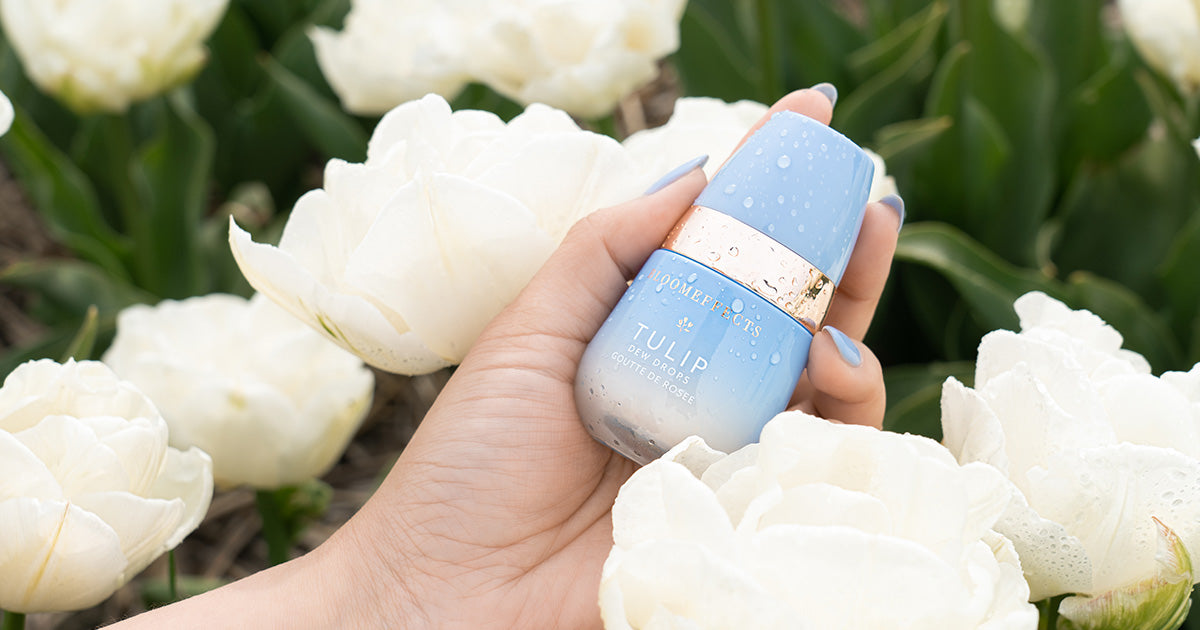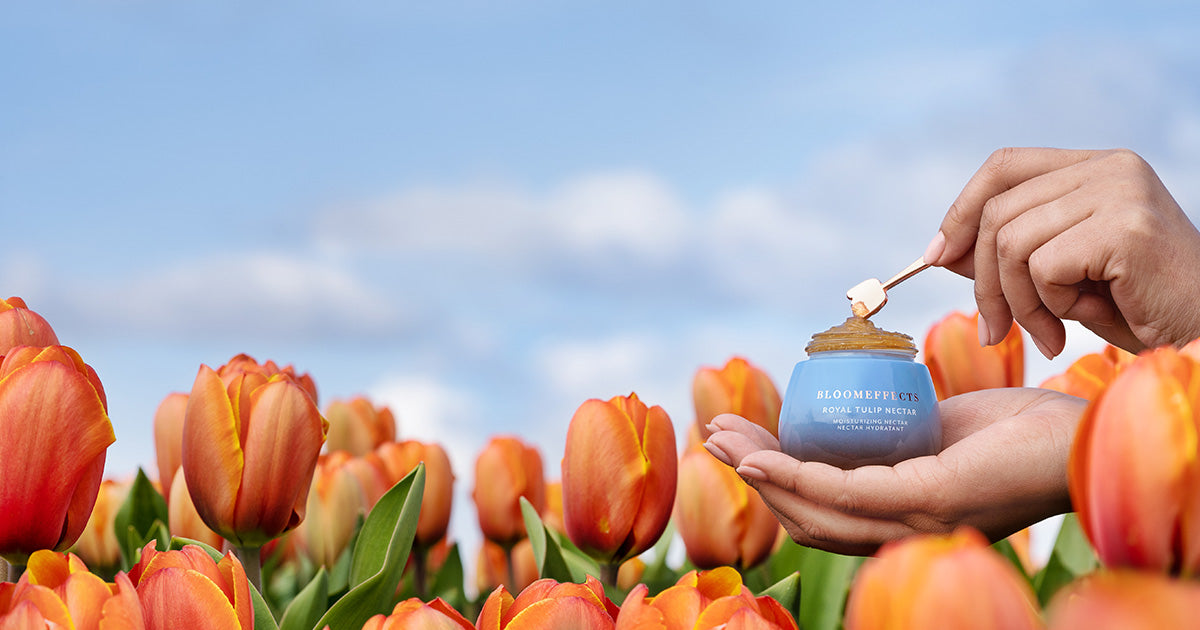To celebrate Asian American and Pacific Islander Heritage Month we sat down with three of our favorite Asian female entrepreneurs, Emily H. Rudman, Jenn Kapahi, and Janice Kinjo. We were very inspired by their individual stories and experiences. We hope to recognize and pay tribute to the generations of Asian and Pacific Islanders who have immensely contributed to America and are fundamental to America’s future success.
Our final Asian female entrepreneur is one of our favorite celebrity make up artists, Janice Kinjo. We covered all topics from being a proud Asian woman, building a successful business to her biggest challenges.
Why did you become a celebrity make up artist?
I followed my heart and passion for makeup. I moved to NYC in 2005 from LA when I graduated from the University of Southern California. I had a little bit of experience doing student films and loved wearing makeup and doing it on others. (I looked like a billboard of a Harajuku girl with crazy hair and makeup). I had a Buddhist neighbor friend in the Bronx that was established in the makeup industry and she took me under her wing. At first, I was doing a lot of editorials to build my portfolio. I wanted to be immersed in the industry and did whatever job, paid or not, to gain experience. (Most of my jobs were found on Craigslist.) I look back now and realize how dangerous that was. But, at that time, there was no limit when it came to makeup. I did whatever I could. And after every job, I truly felt fulfilled and full of life. I knew I made the right choice for my life.
Who and/or what inspired you to start your business?
I loved makeup since I was a young, but my parents refused me to wear it. So, I would sneak it behind their back. When I graduated high school, my sister gave me Kevyn Aucoin’s Making Faces book and I wanted to create like he did. The transformations he did were inspiring to me. I didn’t know how to get started or anything about the industry. But I determined to be around makeup no matter what. Additionally, as a rebellious middle child to traditional Japanese parents, I knew they would be against me being an artist, so I wanted to prove them wrong.

What does being Asian mean to you?
Being a minority in America and even more of a minority in my industry means I represent a lot of Asian people. I am proud to be Japanese. I am proud that in my 16 year makeup career I have made it my prime focus to work with minorities and made sure they look and feel their best after I did their makeup.

What is the biggest challenge for Asian women in business for themselves?
People didn’t take me seriously because im a small Asian girl. People have tried to low ball my rate. Men have been unprofessional and inappropriate. The list goes on...
What was your biggest roadblock in building your business? And how did you overcome?
Not knowing my worth was my biggest roadblock. I always had the tendency to doubt myself and let other people dictate their agenda. I wanted to be the nice one, but that just allowed people to take advantage of my niceness. I felt I didn’t have a voice because I didn’t know my value and was afraid to speak up and say, “No, thank you.” I overcame that by speaking up and, if they didn’t listen or change, I moved on. I didn’t think twice about it and kept moving forward. And I learned to say, “No.” That helped me to know my worth and not compromise.
What is your advice to Asian women entrepreneurs on starting a business?
Follow your heart even if your family doesn’t support you. It took about 8 years until my parent’s were proud of me and my career. Until that point, it was me explaining to them what I am doing and why. Now, I just show them.
What are some of the ways people can support the Asian community right now, specifically women?
Give Asian women a chance. Listen to our life stories, learn from us, and hire us. In addition, listen and hire Asian women who speak English as their second language. Opening up your life to Asian women’s voices will open you up to a new world of culture, food, and experiences.


